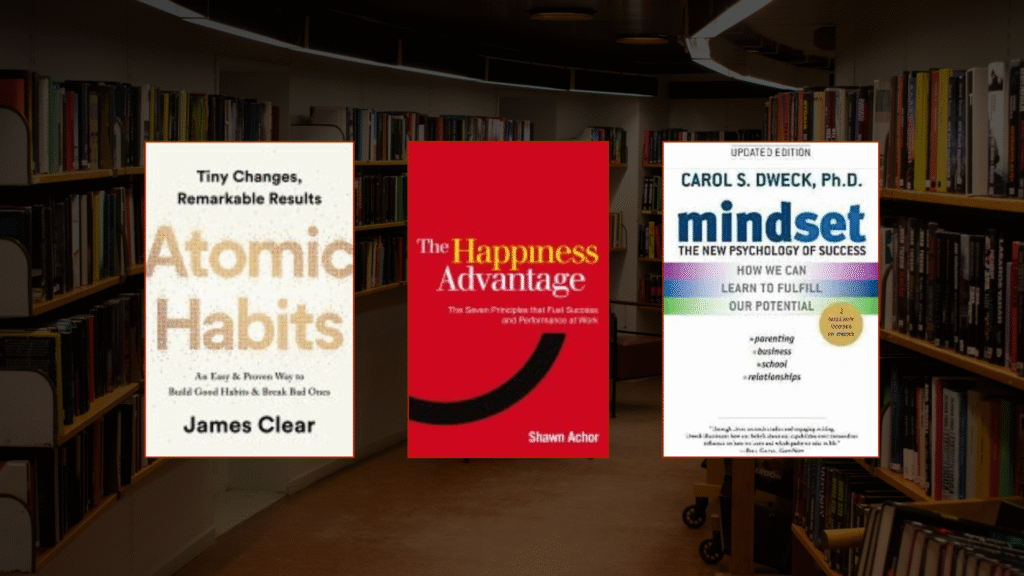
Not all self-help books are created equal. Some rely on clichés and feel-good mantras, while others are built on real research, psychological studies, and neuroscience. The latter don’t just sound inspiring — they offer evidence-based methods that can truly shift how you think, act, and live.
Science-backed self-help books dig deeper. They explain why you feel stuck, how to build better habits, and what really motivates human behaviour: using studies, trials, and real-life case examples. Whether you’re looking to improve your focus, rewire negative thought patterns, or build a life that aligns with your goals, the right book can provide more than motivation — it can provide a method.
5 Science-based self-help books that actually make a difference
1. Atomic Habits by James Clear
James Clear breaks down the science of habit formation using psychology, biology, and neuroscience. He introduces the concept of “habit stacking,” identity-based habits, and the 1% improvement rule — all backed by research.
Key scientific insight: Behaviour change isn’t about willpower — it’s about creating a system.
Takeaway tip: Focus on systems, not just goals. Small improvements, done consistently, lead to lasting transformation.
2. The Happiness Advantage by Shawn Achor
Drawing from positive psychology and years of research at Harvard, Achor shows how happiness is not a result of success — it’s the cause. Happier people are more productive, creative, and resilient.
Key scientific insight: Dopamine and serotonin levels increase when we practice gratitude and optimism, thereby boosting brain performance.
Takeaway tip: Start your day with three things you’re grateful for to rewire your brain for positivity.
3. Mindset by Carol S. Dwec
Dweck, a Stanford psychologist, explores the difference between a fixed mindset (believing your abilities are static) and a growth mindset (believing abilities can improve). Her studies have transformed how we view learning, failure, and success.
Key scientific insight: Believing that effort leads to mastery actually changes brain activity related to learning.
Takeaway tip: Praise effort, not intelligence — it encourages persistence and lifelong learning.
4. The Power of Now by Eckhart Tolle
Though spiritual in tone, Tolle’s message is supported by modern neuroscience: mindfulness changes the brain. He emphasises being present, separating yourself from the “thinking mind,” and tuning into your inner stillness.
Key scientific insight: Mindfulness and present-moment awareness reduce activity in the brain’s default mode network, lowering anxiety and stress.
Takeaway tip: Pause and focus on your breath throughout the day. It grounds you in the moment and reduces mental chatter.
5. Grit by Angela Duckworth
Duckworth, a psychologist and MacArthur Fellow, presents compelling data to prove that perseverance and passion (aka “grit”) matter more than talent in achieving success.
Key scientific insight: Effort counts twice, once for skill, and again when skill turns into achievement.
Takeaway tip: Build resilience by focusing on long-term goals and staying consistent, even when it’s hard.
Final thoughts
Self-help isn’t just about feel-good quotes — it’s about doing the work, and doing it in a way that’s rooted in truth. These five books don’t promise overnight success. What they do promise is real change, backed by science, if you’re willing to apply the lessons consistently.
So if you’re looking to transform how you think, act, and grow — without falling into the trap of empty motivation — start here. Science has your back.

